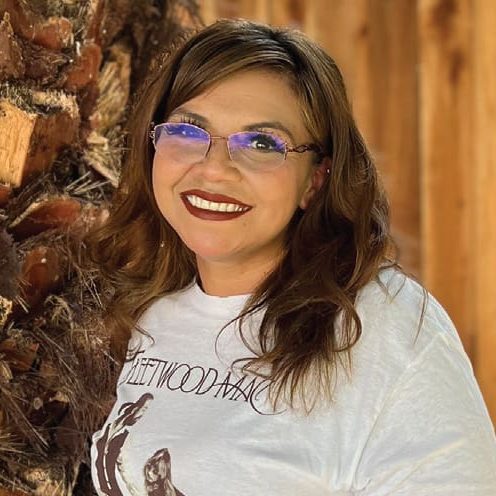Stories that Inspire.
Victories to Celebrate.
After relapse, Ryan asks for help, enters sister mission

Ryan has been in the program for more than seven months.
Ryan grew up playing sports, but also with a rare disease, which causes deterioration of the bones in the knees. “It’s like osteoporosis in kids,” he said. “They don’t know how to treat it or really how to manage it.”
Ryan had more than a dozen knee surgeries throughout his late teens and 20s. With those surgeries came painkillers. “At a young age, I knew I liked the feeling the pills gave me,” Ryan said. “As I got older, I’d take extra, go party, drink on them. When the prescription was out, it was over. I didn’t really understand what addiction was until later.”
Ryan was coaching volleyball at Master’s College when he was told he needed another surgery. Since Ryan was mid-season, he told the doctor it wasn’t possible at the time. In response, to manage the pain for a bit, the doctor over-prescribed him pain pills, giving him 120 opioid pain relievers with seven refills. “I remember I was excited to have this plethora,” Ryan said.
He also remembers the moment he ran out of those pills while coaching at a tournament in Denver. “That was the first time I felt withdrawals from opiates,” said Ryan. “I had to coach another day and then fly home. I remember not wanting to feel that way again.
“This was my 30s. I was taking pain pills every day. I would doctor shop, go to different pharmacies. I didn’t let anyone in on my sin. That’s when my addiction really started. Like addiction does, it took over my life.”
Ryan lost his job, and then bounced around other coaching gigs. He got sober and remained so for two-and-a-half years. But when a co-worker introduced him to heroin, he lost everything all over again. “I was in a great relationship with a girl—that ended. I got a rental car and I got arrested for keeping it too long. And then I did the same thing again. I spent 10 months in Twin Towers in LA. It was one of my lowest points. It was so demonic. I was scared constantly.”
A bright spot was when Ryan met a chaplain there who referred him to a sister mission in Oxnard. “I walked in on a Friday, in my jumpsuit, with nothing else,” he said. “I remember they were serving cheeseburgers.”
Ryan completed the program and excelled, ending up on staff at RMA Ventura County. When COVID hit, things got tough. “I was working a lot and got COVID twice,” Ryan said. “Each time I had to isolate in my room for 15 days. I started going on dating sites and that led to dates … At a party, I noticed someone with what I thought were morphine pills. It was fentanyl.”
Ryan started using that night, and then more and more to avoid feeling withdrawals. “I ended up being let go (from my job),” he said. “I had squandered everything God had restored in my life in three months. … I packed up my car and left. I learned … I’m a runner. I don’t deal with issues. I fell headfirst into using fentanyl.”
Ryan moved to Santa Barbara, and drove for Uber Eats to make money. “That went on for more than a year,” he said. “I burned my bridges in that world and came to a place where I had nothing again. I was using the last bit of money I had, my car got (repossessed), I was going from hotel to hotel, and was out of drugs. I remember telling God, under my breath, ‘I need you. I need you to show up. I’m done. Forgive me.’”
Ryan went to a detox center for a few days and then entered RMA Central Coast.
“I don’t compare programs, I just know that for where I’m at right now, this is perfect for me. There is the perfect amount of structure and free will and grace. It seems like everyone is here to have God change their lives.”
It’s been more than seven months. “Today in (Program Manager) Luke’s class, we were talking about not being in a place of fear, and not letting anxiety rule your life,” he said. “As (you progress in the program) daunting things can seem overwhelming. I’m trusting in God’s plan and being in prayer a lot.”
Ryan said he’s not in a rush to take his next step. “Recovery is a tough thing. I don’t know if there’s an answer on how to fix someone from not relapsing or on how to get it right the first time. Addiction is just really difficult. You just can’t give up.
“But I think this place exists to have a place to call when you have nowhere else to turn. I don’t’ know where I’d be now if I weren’t here or if I didn’t have the experience I did going through the program the first time. I kind of get emotional … it’s important. This ministry is important.”
Be Inspired
Be Transformed
Stay connected with the good work the Mission is doing, and learn more about the people we help.



